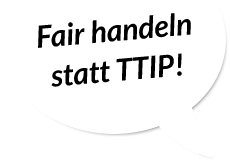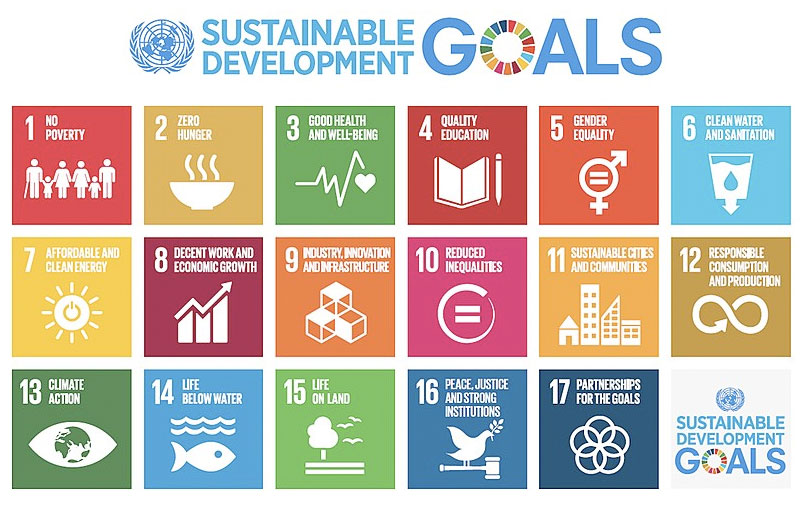JEFTA und die Folgen - eine Studie der GUE/NGL
An analysis of the draft text of the Japan-European Union free
trade agreement and its impact on financial services,
environmental and regulatory issues, and on data protection.
Dear Readers,
With this publication, the Members and staff Members of the GUE/NGL group in the European Parliament’s Committee on International Trade would like to bring to your attention analytical views regarding the ongoing negotiation process for a Deep and Comprehensive Free Trade Agreement between the European Union and Japan: JEFTA. Both negotiators, EU Commission on behalf of the EU and the Japanese Government, have stressed their aim to conclude their work by the end of 2017.
In recent years, millions of citizens in Europe and in many other regions of the world have expressed great concerns about very large and encompassing bilateral or plurilateral Trade agreements like TTIP, CETA, TPP or TiSA. More than 3 million people in our European Union signed a petition to stop the negotiations on TTIP and CETA. Even more: A very broad range of civil society organisations, including trade unions, consumer protection organisations, farmers’ associations, journalists, judges, academics, students, and progressive political parties looked into the details of these trade agreements and their complicated chapters going far beyond commercial relations but having an impact on todays and future structures and
ways of shaping national and global economies. They expressed clearly that the proposed agreements were going way too far, were increasing the influence of the large corporations at the expense of social, environmental and consumer interests, at putting short time profit gains above macro-economic reflections and diminishing democratic rules setting by the societies themselves.
At the end of 2017, the question has to be answered: did the European Commission and the government representatives of Member States in the EU Council listen? With JEFTA, the Commission wants to rapidly conclude an agreement with a much bigger economic power than Canada. What have they learned? And: what is really put on the negotiating table? The political agreement of June 2017 to conclude negotiations had been declared without a consolidated text available, neither for leaders, nor for parliamentarians, nor journalists and the public. JEFTA claims to contain many CETAplus provisions. Going beyond CETA, is that for the better or the worse?
GUE/NGL, the left group in the European Parliament, would like to encourage you to check for yourself. With this publication, we give you at hand three studies looking more deeply into specific aspects of JEFTA. We wish you interesting reading and more insights and, please, come back to us with any questions or comment and additional reflections.
Yours,
Helmut Scholz,
Member of the European Parliament
Coordinator of the GUE/NGL political group in the International Trade Committee (INTA)
Downloads
Ähnliche Artikel
- Artikel teilen
- Zum Seitenanfang

